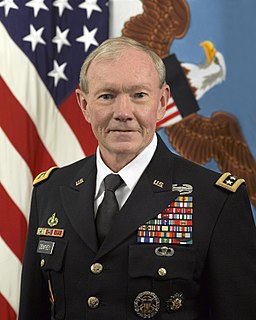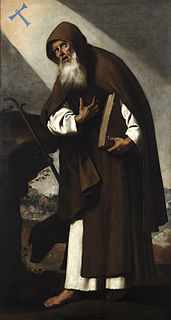A Quote by Francois de La Rochefoucauld
The most subtle of our acts is to simulate blindness for snares that we know are set for us.
Related Quotes
In our daily lives we attend primarily to that which the senses are spelling out for us: to what the eyes perceive, to what the fingers touch. Reality to us is thinghood , consisting of substances that occupy space; even God is conceived by most of us as a thing. The result of our thinginess is our blindness to all reality that fails to identify itself as a thing, as a matter of fact.
And I saw that truly nothing happens by accident or luck, but everything by God's wise providence. If it seems to be accident or luck from our point of view, our blindness and lack of foreknowledge is the cause; for matters that have been in God's foreseeing wisdom since before time began befall us suddenly, all unawares; and so in our blindness and ignorance we say that this is accident or luck, but to our Lord God it is not so.
Our intellect is not the most subtle, the most powerful, the most appropriate, instrument for revealing the truth. It is life that, little by little, example by example, permits us to see that what is most important to our heart, or to our mind, is learned not by reasoning but through other agencies. Then it is that the intellect, observing their superiority, abdicates its control to them upon reasoned grounds and agrees to become their collaborator and lackey.
And if I remain in the dark about our purpose here, and the meaning of eternity, I have nevertheless arrived at an understanding of a few more modest truths: Most of us fear death. Most of us yearn to comprehend how we got here, and why-- which is to say, most of us ache to know the love of our creator. And we will no doubt feel that ache, most of us, for as long as we happen to be alive.
The most perfect philosophy of the natural kind only staves off our ignorance a little longer: as perhaps the most perfect philosophy of the moral or metaphysical kind serves only to discover larger portions of it. Thus the observation of human blindness and weakness is the result of all philosophy, and meets us at every turn, in spite of our endeavours to elude or avoid it.





































